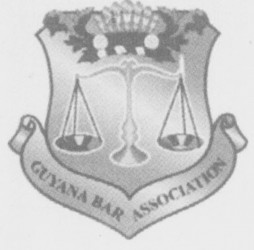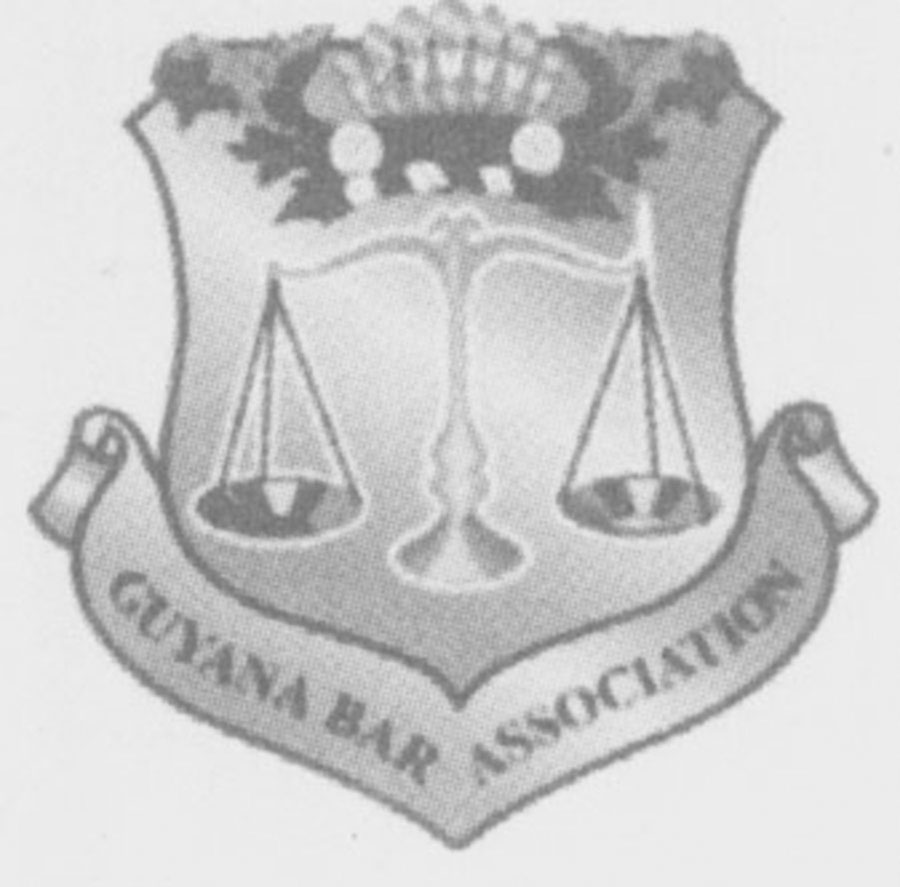(A fortnightly column by the Guyana Bar Association )
Preface
The Guyana Bar Association is pleased to introduce the first in its fortnightly column on the Law and the Citizen. The Association acknowledges with appreciation the readiness with which the Stabroek News has kindly agreed to make available, at no charge, space for this column which will be published every other Thursday.
The Guyana Bar Association is a voluntary association of lawyers admitted to practise law in the courts of Guyana. Its aim in initiating this column is a modest one – to inform, to share, and to engage the public on the laws which make up that elusive constitutional concept the rule of law, a topic which this column will no doubt address sooner, rather than later. Optimistically, the Association hopes that the column will arouse a greater consciousness among Guyana about important areas of the law that govern the lives of all of us, and not only those who make a living by its practice.
We invite feedback, suggestions and criticisms of the columns we present. And we welcome too ideas on topics readers would like to see addressed in the column. While space is limited, we assure readers that the Bar Association will respond to readers, either privately or publicly, through these columns.
Today’s column
Today, we look at the right of citizens to access to the law which constitutes the rules that define the relationships between persons and between persons and the State. A fundamental pillar of our Constitution is recognised in Article 146 of the Constitution Protection of freedom of expression, which was given further recognition in 2011 with the passage of the Access to Information Act.
 The term “law” is made up not only of Acts of Parliament and subsidiary legislation made under those Acts but also the law as set out in cases decided by the courts. In the print era, the laws and the cases were available only in impressive, expensive, bound volumes, out of the means and the reach of the citizens. In fact, it would have been rare to find them even in any public space, even though the law itself provided that ignorance of the law is no excuse.
The term “law” is made up not only of Acts of Parliament and subsidiary legislation made under those Acts but also the law as set out in cases decided by the courts. In the print era, the laws and the cases were available only in impressive, expensive, bound volumes, out of the means and the reach of the citizens. In fact, it would have been rare to find them even in any public space, even though the law itself provided that ignorance of the law is no excuse.
The call for the publication and availability of the laws was made centuries ago, and in different language is restated by judges in cases coming before them. Professor Lon L. Fuller argued that “Certainly there can be no rational ground for asserting that a man can have a moral obligation to obey a legal rule that ….. is kept secret from him…” Similar sentiments were expressed by John Rawls whose view was that “Unless citizens are able to know what the law is and are given a fair opportunity to take its directives into account, penal sanctions should not apply to them.”
Expressing the same sentiment but differently Russell LJ in Incorporated Council of Law Reporting for England and Wales v Attorney-General & Anor refers to the “benefit that accrues to the community from the fact that the law does not remain locked in the bosom of the Judiciary.”
Thankfully, the debate about whether or not the law must be accessible, free of cost is now almost over. The digital revolution has dramatically altered the ability to communicate legal information. It has also removed any excuse for legal information not being widely and readily available.
Thirteen years ago, delegates representing legal information institutes from across the world meeting in Montreal, Canada, issued a declaration centred on the following points:
Public legal information (including primary sources of law, such as legislation, case law and treaties) from all countries and international institutions is part of the common heritage of humanity. Maximising access to this information promotes justice and the rule of law;
Public legal information is digital common property and should be accessible to all on a non-profit basis and free of charge; and
Organisations such as legal information institutes have the right to publish public legal information and the government bodies that create or control that information should provide access to it so that it can be published by other parties.
The Guyana Bar Association is committed to the principle of free access to legal information. We believe that legal information must be available on the Internet and that no one should have to pay to access information essential to one’s rights and obligations in a functioning democracy. It need not be said that the internet provides an excellent means for the distribution of legal information.
Around the world there are national and regional legal information institutes honouring the principles of the Montreal Declaration. The Guyana Bar Association will dedicate resources and will seek to partner with the Government of Guyana, the CARICOM and our counterparts in the Region to make legal information freely available.
The idea of a Caribbean Legal Information Institute has arrived.






